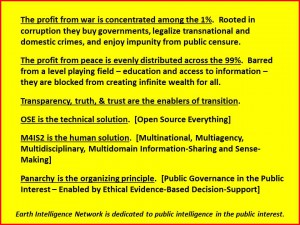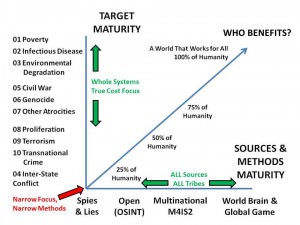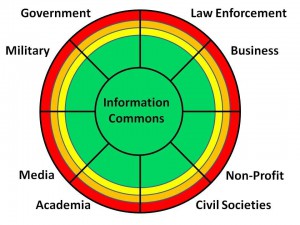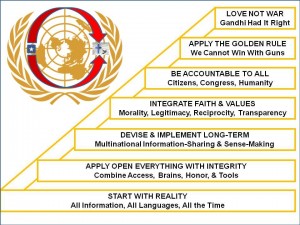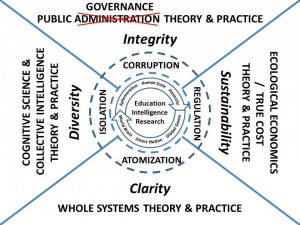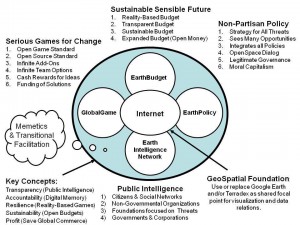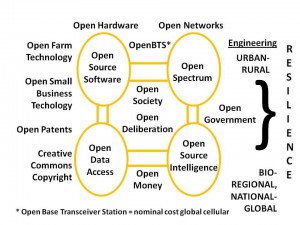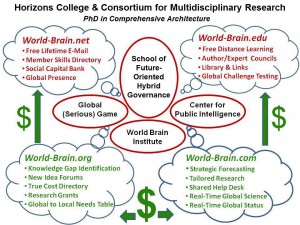
Data Science for 100 Resilient Cities
The Rockefeller Foundation recently launched a major international initiative called “100 Resilient Cities.” The motivation behind this global project stems from the recognition that cities are facing increasing stresses driven by the unprecedented pace urbanization. More than 75% of people expected to live in cities by 2050. The Foundation is thus rightly concerned: “As natural and man-made shocks and stresses grow in frequency, impact and scale, with the ability to ripple across systems and geographies, cities are largely unprepared to respond to, withstand, and bounce back from disasters” (1).
VIDEO
Resilience is the capacity to self-organize, and smart self-organization requires social capital and robust feedback loops. I’ve discussed these issues and related linkages at lengths in the posts listed below and so shan’t repeat myself here.
- How to Create Resilience Through Big Data [link]
- On Technology and Building Resilient Societies [link]
- Using Social Media to Predict Disaster Resilience [link]
- Social Media = Social Capital = Disaster Resilience? [link]
- Does Social Capital Drive Disaster Resilience? [link]
- Failing Gracefully in Complex Systems: A Note on Resilience [link]
Instead, I want to make a case for community-driven “tactical resilience” aided (not controlled) by data science.

